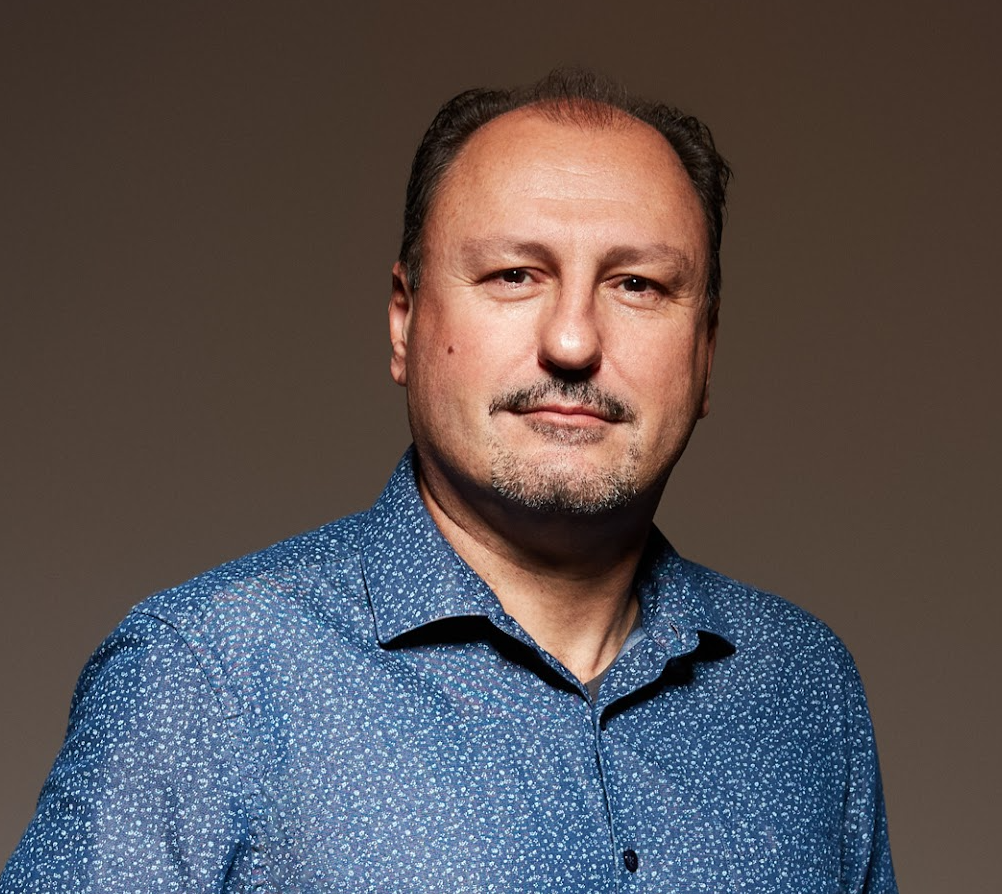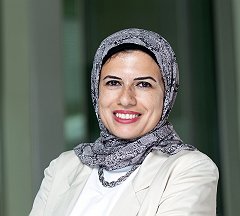Simpósio Brasileiro de Engenharia de Software
Thursday, September 25 14:00
Panel: Navigating AI's Impact on Software Quality and Production
As AI-powered tools, particularly Large Language Models (LLMs), aggressively integrate into software development, they promise unprecedented boosts in productivity. However, this rapid adoption introduces a complex array of challenges to traditional software quality assurance and engineering practices. While LLMs excel at generating code snippets, they often struggle with architectural coherence, introduce subtle bugs, and can exacerbate technical debt by enabling individuals with less formal software engineering education to contribute code.
This panel will explore the multifaceted implications of AI-assisted software production on code quality, system architecture, team dynamics, and CS education. Our distinguished panelists will delve into critical questions facing software engineering today: how to assure the quality of future software systems in an AI-dominated SE environment? How can humans be kept in control of what is produced? How should we educate the new generation of software engineers?
Join us to discuss with a team of leading scientists in the field of software engineering some of the critical challenges of the field, including:
- The shifting landscape of software quality assurance
- Architectural integrity and technical debt management
- Human-AI collaboration and developer skills
- Future of software engineering education and practices

Fabio Kon is a Full Professor at the Department of Computer Science (IME), University of São Paulo and carries out research in Distributed Computing, Applied Data Science, and Software Engineering. His current project is 'InterSCity: the future internet enabling smart cities.' He is an Assistant Editor of the Communications of the ACM. In the past, Fabio has worked as a visiting professor at the MIT Senseable City Lab with a Fulbright fellowship and at the Technion with a FAPESP fellowship.

Lionel C. Briand is a professor of software engineering with joint positions at (1) the University of Ottawa, in Canada, and (2) the Lero Centre—the Research Ireland national software research center—hosted by the University of Limerick. Over more than 30 years, in collaboration with colleagues, he has led numerous collaborative research projects with companies in the automotive, satellite, aerospace, energy, finance, and legal sectors. Lionel has held different positions as an engineer, academic, and leader in seven countries. He is currently Canada Research Chair (Tier 1) and director of Lero. Lionel was elevated to Fellow of the IEEE and the ACM for his contributions to software testing and verification. He also received the IEEE Computer Society’s Harlan Mills Award, the ACM SIGSOFT Outstanding Research Award, and the IEEE Reliability Society’s Engineer of the Year Award. He is a Fellow of the Royal Society of Canada and a member of Academia Europaea, the European Academy of Science. His research interests include trustworthy AI, software testing and verification (including security aspects), and requirements engineering.

Armando Fox is a Professor of Computer Science, Faculty Advisor for Digital Learning Strategy, Campus Equity Advisor, and Computer Science Diversity Officer at UC Berkeley. With his colleague David Patterson, he co-designed and co-taught Berkeley’s first Massive Open Online Course on “Engineering Software as a Service”, offered through edX, and co-authored the award-winning accompanying textbook of the same name; this work was recognized in 2015 by the ACM Karl V. Karlstrom Outstanding Educator Award. His current research in CS education focuses on creating novel technologies to help students learn advanced programming concepts at scale. He has given invited keynotes on these topics in Spanish and English in the US, Asia, Spain, and Latin America. In an earlier faculty position at Stanford, he received teaching and mentoring awards from the Associated Students of Stanford University, the Society of Women Engineers, and Tau Beta Pi Engineering Honor Society. His degrees are in electrical engineering (BS MIT, MS University of Illinois), computer science (PhD UC Berkeley), and piano performance and musicology (Mannes College of Music Certificate Program, 1986). He is a classically-trained musician and performer, an avid musical theater fan and freelance Music Director, and multilingual/bicultural (Cuban-American) New Yorker who lives in San Francisco.

Sarah Nadi is an Associate Professor in the Computer Science Program at New York University Abu Dhabi (NYUAD). Before joining NYUAD, she spent almost eight years at the University of Alberta in Canada where she held a Tier II Canada Research Chair in Software reuse and lead the Software Maintenance and Reuse (SMR) lab. Sarah obtained her Master's (2010) and PhD (2014) degrees from the University of Waterloo in Canada and spent approximately two years as a post-doctoral researcher at the Technische Universität Darmstadt in Germany.
At NYUAD, Sarah co-directs the SANAD lab whose goal is to enhance how software engineers develop and maintain software systems by providing them with the tools and insights that they need. Sarah's research expertise lies in empirical software engineering and software analytics. She has worked on a wide range of software engineering problems including finding bugs and inconsistencies in software product line, detecting insecure API usage, and leveraging LLMs for various development and maintenance tasks. Her recent work focuses on supporting developers as they use software libraries, including the initial selection process, correctly using the library's API, and potential migration to newer versions or alternative libraries.